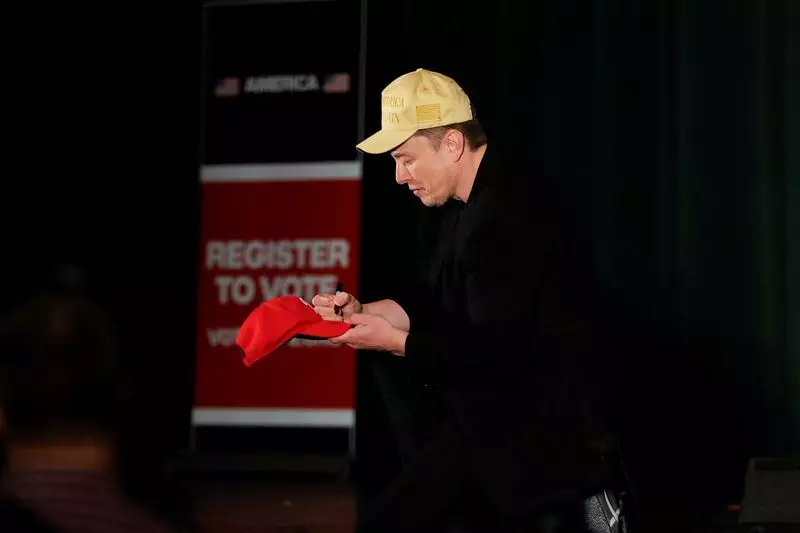In a notable legal development, Elon Musk has requested a federal judge to dismiss a class-action lawsuit which accuses him of defrauding voters who participated in a petition linked to his $1 million-a-day giveaway. The case, filed in Austin, Texas, pits alleged victims against one of the most recognizable figures in modern business. The plaintiffs, led by Jacqueline McAferty from Arizona, claim that Musk misrepresented the nature of this giveaway, suggesting it was an illegal lottery that contravened Texas laws on deceptive trade. This lawsuit not only spotlights Musk’s unconventional promotional tactics but also raises pressing legal questions about the fine line between marketing promotions and illegal gambling practices.
At the core of McAferty’s allegations is the assertion that Musk’s offering coerced voters into signing a petition with the misleading promise of a chance to win monetary prizes. The accusation pivots on the notion that a random selection of winners, as promised, aligns more closely with a lottery system. Musk’s legal filing counters this argument by clarifying that the petitioners were led to believe they would be considered for roles as spokespeople for his political action committee, America PAC. According to Musk, this arrangement differentiates the concept of earning from simply winning a prize, which could inherently defuse the lottery characterization.
This delineation casts a significant shadow over the plaintiffs’ claims, as Musk emphasizes that the potential for income through participation removes the case from the realm of a mere lottery. Instead of relying on luck to receive fortune, participants were purportedly involved in an opportunity where merit played a crucial role. This highlights the complexities of interpreting promotional events within legal frameworks, especially when they strike at the heart of competing interests between consumer protection laws and political fundraising efforts.
The lawsuit raises critical issues about public trust in contemporary political funding. With Musk’s ambitious philanthropic projects often straddling the border between public goodwill and commercial enterprise, the overarching question remains: Can a prominent figure engage audiences in political petitions without undermining ethical standards? Moreover, if members of the public feel misled, as alleged in this case, the repercussions may extend beyond Musk himself, affecting the reputation of the political parties and causes he supports.
As these legal proceedings unfold, they serve as a beacon for examining how modern public figures navigate issues of transparency and accountability in a political landscape already fraught with skepticism. The considerable damages sought—at least $5 million for those signed up—indicates a belief that Musk’s actions may have not only misled participants but also potentially exploited their personal information, compounding the seriousness of the legal ramifications if the alleged deception is proven.
Elon Musk’s legal battle encapsulates a broader narrative about the intersection of commerce, politics, and law. As he seeks to extricate himself from accusations of fraud, both his defense and the ongoing ramifications for those involved serve as a critical reminder of the obligations that come with such high-stakes initiatives. The outcome of this case could set important precedents for how political donations and promotions are regulated in the digital age, making it a cause of concern that reaches far beyond Musk himself and into the foundations of political engagement in America.

